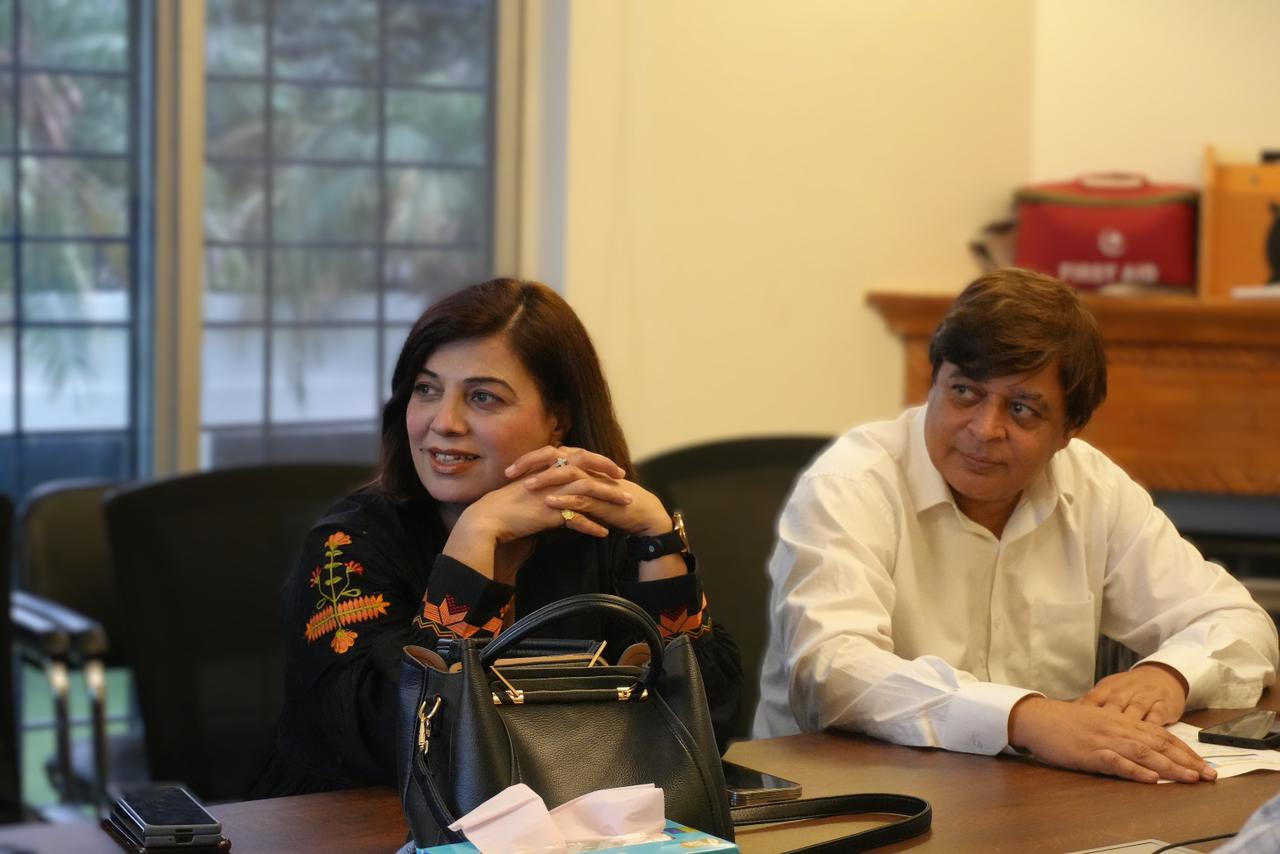Staff Report
ISLAMABAD: Freedom Gate Prosperity (FGP) hosted the National Climate Dialogue 2025, bringing together climate experts, legal minds, policymakers, and youth voices to explore actionable responses to Pakistan’s intensifying climate challenges. The dialogue served as a vital platform to bridge governance, legal reform, media, and grassroots resilience under a unified call for inclusive and sustainable climate action.
Speaking on heatwaves, resilience, and agricultural adaptation, Mr. Mohsin Leghari, former Punjab Minister for Irrigation and Finance, and a respected climate voice, stressed that climate adaptation must be rooted in data-driven strategies, farmer inclusion, and risk-aligned agricultural planning. “Building resilience is no longer optional it’s a survival imperative,” he remarked, calling for stronger provincial alignment on climate responses.
Joining virtually, Ms. Ammara Durrani, a senior development policy expert, emphasized the urgency of people-centric climate solutions. “Climate action must empower youth and women in green economic activity, enable district-level media as voices of the people, and restore the ethic of care within our ecosystems,” she said.
In his concluding remarks, Muhammad Anwar, CEO of FGP, reaffirmed the organization’s grassroots commitment: “FGP stands ready to translate today’s insights into collaborative, community-rooted action, especially for those most vulnerable to climate impacts.”
Earlier in the session, Shafqat Aziz, Head of FGP’s Climate Change, welcomed participants and framed the agenda, followed by a passionate youth perspective from Saaremeen Fatima, a young climate change champion advocating for intergenerational climate responsibility.
Dr. Muhammad Rafiq, Member of the Climate Council, Government of Pakistan, shared insights on governance gaps and the need for integrated policy execution. He stressed the importance of multi-level coordination and locally grounded climate action.
Dr. Zia Ullah Ranjah, Advocate Supreme Court and Partner at Jurist Panel, emphasized the critical role of legal frameworks in securing climate justice. He called for the use of legal instruments and judicial mechanisms to ensure institutional accountability and environmental rights enforcement.
The event concluded with a vibrant open discussion and a collective resolve among participants to strengthen climate resilience through collaboration, inclusive governance, and informed public engagement. FGP reaffirmed its commitment to continuing such dialogues as a bridge between national strategy and community priorities where knowledge translates into people-centered action.

